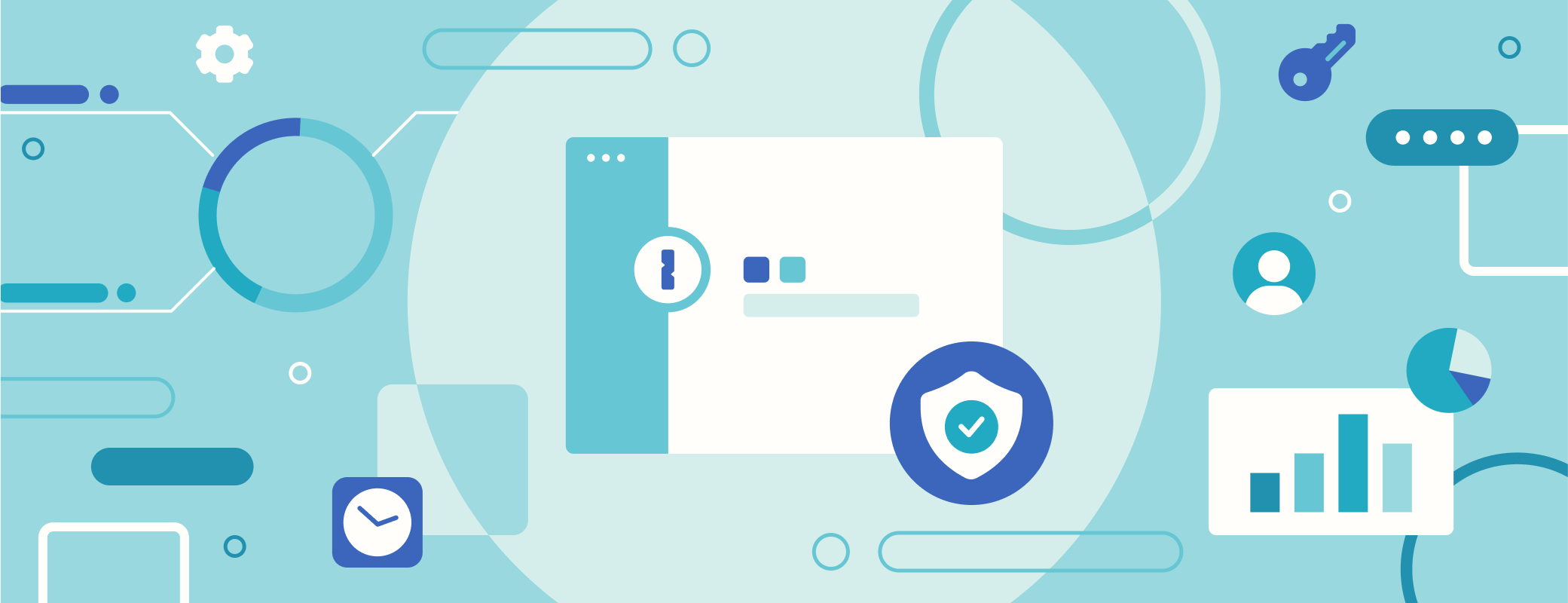"We won’t be collecting your saved passwords, passkeys, usernames, and any URLs associated with your items. Your private information is just that – private.
All event data will be de-identified and processed in aggregate before it’s used for analysis. "
It sounds like they plan on releasing the technical details in the coming days/weeks. I’m curious how its de-identified and processed.



Yeah this is what I don’t get. They already hold your most precious secrets and now you don’t trust them with a telemetry system?! Seems an odd order of concerns to me.
Telemetry, even scrubbed, can provide enough meta data to de-anonomize the user. If the goal is to reduce your threat vectors, than it’s a valid concern.
Given data breeches are increasing, the less data that is collected the better.
I mean, 1password has access to all your passwords? If they wanted to de-anonymize you, they could encrypt, compress and send to themselves one of your passwords every time you decrypted it in your client? If you choose to trust them with decrypting your passwords, it astounds me that your wheels come off at “collecting telemetry”. In that case, I can’t understand how you are a 1password customer in the first place.
But ok, everyone’s different. I’m just confused.
Decryption was not actually where I was going, as due to the method of encryption although it’s stored at rest, they do not have access to your decrypted password.
Usage patterns, data movement, and the rest of the telemetry can point to who the user is, which might give interested parties enough information to attempt a social hack or some other escalation.
It’s an outlier, but such things have happened in the past. So reducing pointers can help keep you safer in the long run. Especially as data breeches are only increasing in frequency. Lastpass had one last year, which did not compromise password but did compromise customer data.